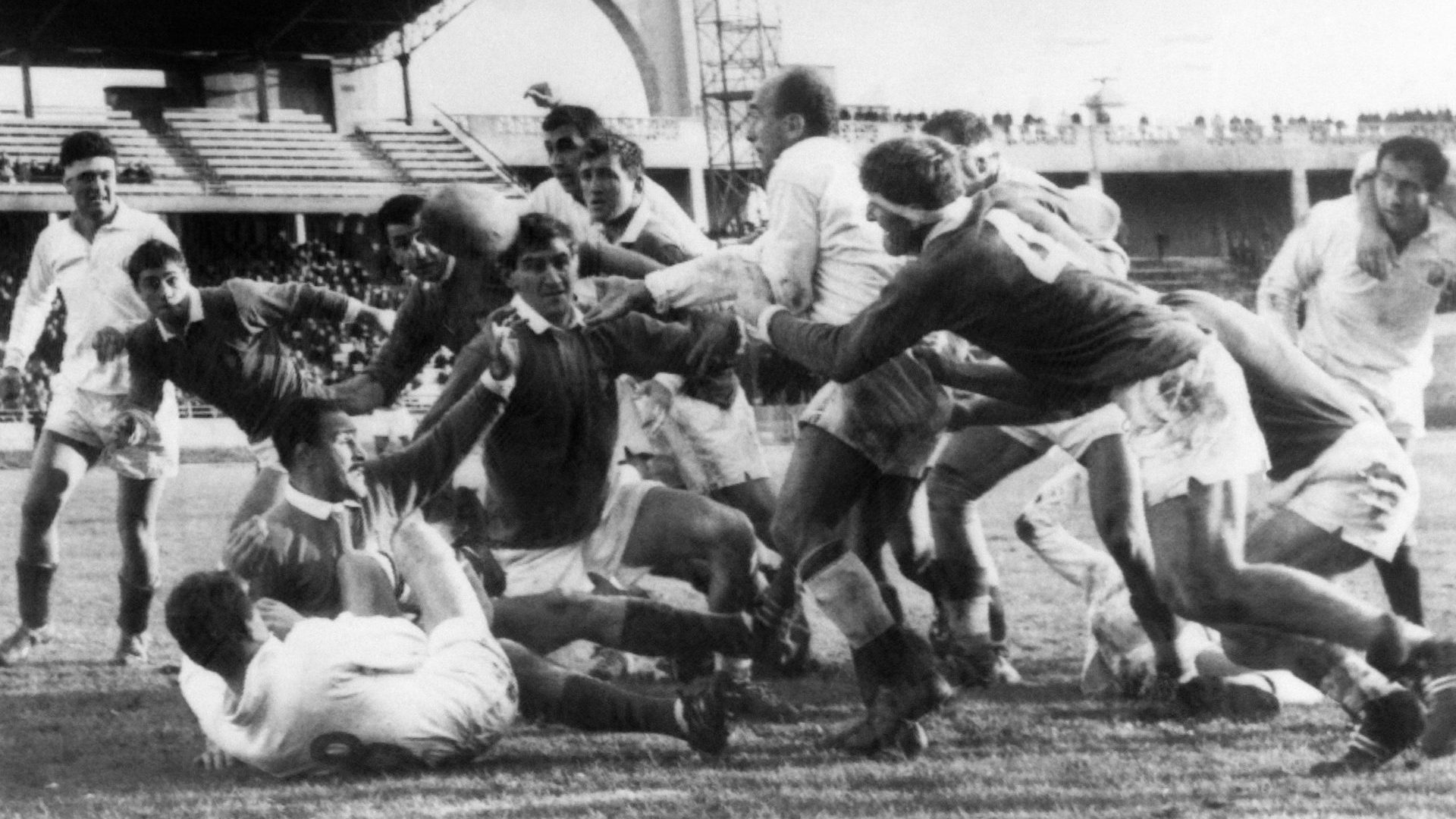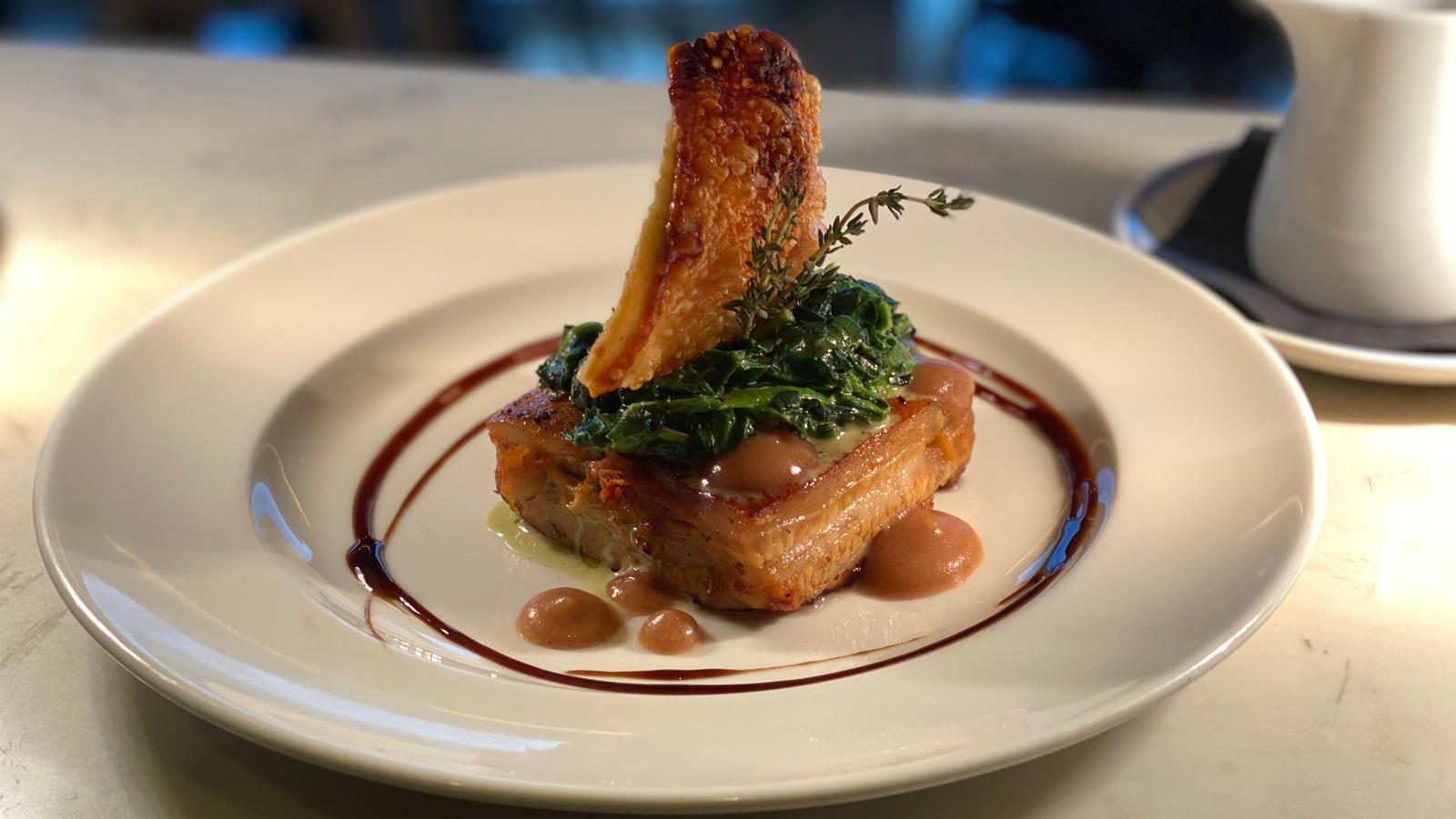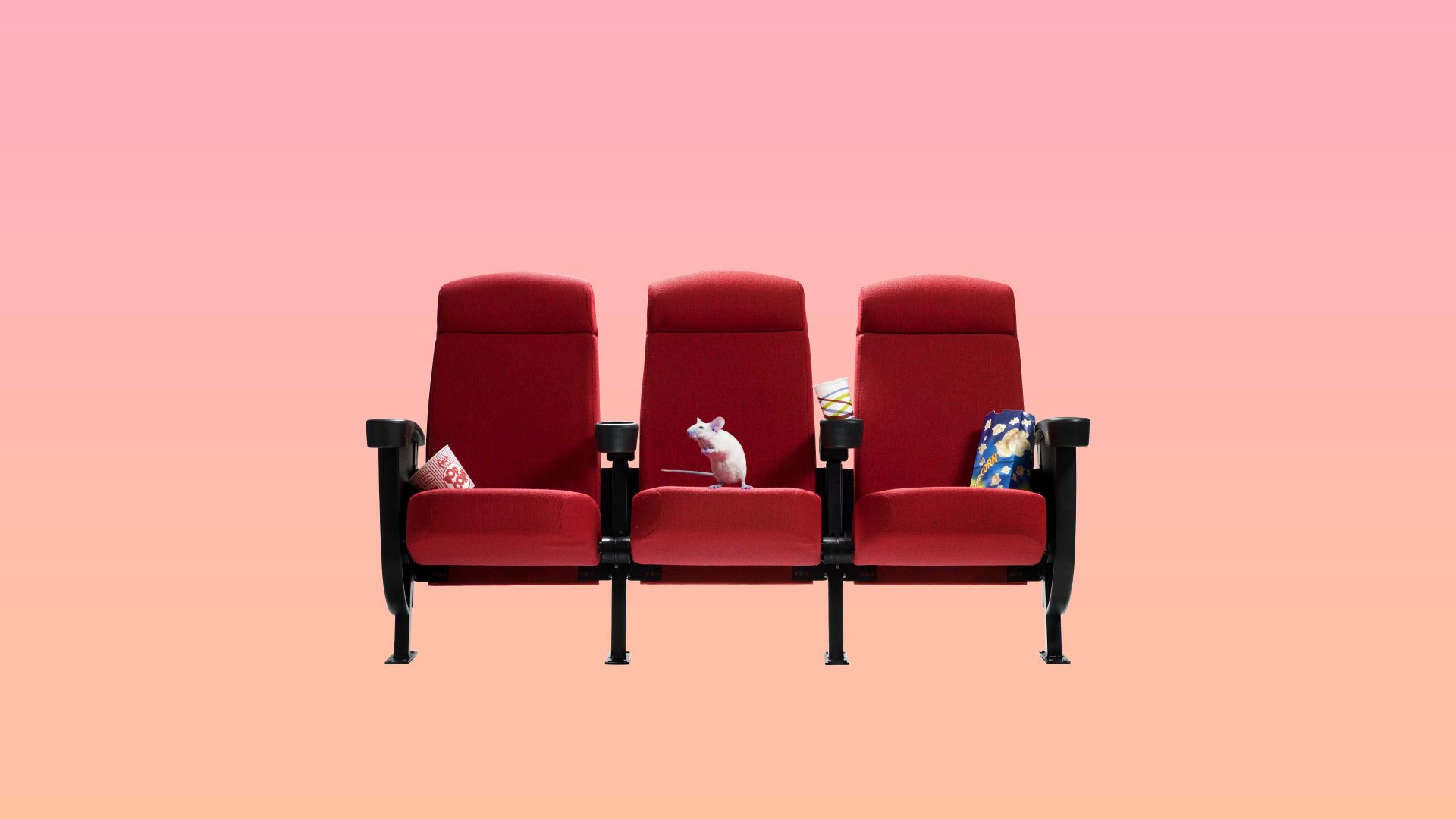A sport invented in and played by the schools and universities of the British establishment and those in their former colonial possessions would doubtless be seen by politburos across the communist world as the epitome of imperialism.
Which makes it all the more odd that rugby union thrived in Soviet Romania, and continues to do so today. On Friday, September 8 the Stejarii (Oaks) open their World Cup campaign against Ireland. Romania has taken part in every World Cup bar one since the first in 1987.
The nations of the former Soviet bloc had no real interest in the game, yet rugby union’s Corinthian ethos – until 1995 it remained strictly amateur, at least in name – also appealed to Romania’s ruling party. Unsullied by motivations of professionalism or fame, rugby union was seen as an antidote to the mass commercialism being experienced by soccer or American football.
Sport, deemed the nation’s last president, Nicolae Ceaușescu, should be a pastime indulged in between work shifts, enhancing the collectivist whole rather than a route to individual wealth.
Also driving an attachment to the game were Romania’s deep cultural ties to France. Prior to the onset of socialism, the Romanian elite often sent their children to Parisian schools and universities. The students brought back their new love of rugby.
In 1913, they established Romania’s first club, Stadiul Roman, modelled on Stade Français in Paris. Gregore Caracostea, who had played for Racing Club de France while a student, returned to set up Romania’s Central Commission for Rugby Football, which would eventually become the Romanian Rugby Federation in 1931, while Romania was one of only three nations to contest the rugby union championship at the 1924 Paris Olympics, suffering defeats to the USA and France.
Between then and the onset of the second world war, the game had begun to spread outwards from Bucharest, with new clubs formed in provincial cities. Despite the fact that these first rugby union clubs were generally set up for and populated by the nation’s wealthy, educated elite, unlike elsewhere in eastern Europe, Romania’s new postwar communist government allowed them to flourish by turning them into academies for the sport.
Although the arrival of the cold war sliced Europe down the middle, pretty much carrying east-west sporting relations into the deep freeze with it, the unlikely juxtaposition of the British establishment’s fondness for rugby union alongside Romania’s unorthodox ideology – its government frequently eschewing Soviet socialist doctrine – led to one of the more recondite diplomatic exchanges of the 1950s.
“The British government was aware the Romanians were somewhat semi-detached from the Soviets,” explains Prof Tony Collins of De Montfort University, author of Who Framed William Webb Ellis? a book that delves into the political machinations that have underpinned rugby. “And while still a Soviet ally, the Romanians were considered slightly more open to external influences, so there were attempts to use sport and other cultural activities to undertake what is now known in foreign-policy circles as ‘soft diplomacy’.”
The Romanians seemed receptive. “They too realised that sport was useful for creating informal governmental contacts,” explains Collins. “The French president, Charles de Gaulle, would also use the rugby ties between his nation and Romania in the late 1950s to attempt rapprochement. Rugby union was seen as a means of breaking down diplomatic barriers.” And also, perhaps, as a means of reclaiming lost investments.
Prior to 1939, British companies had substantial financial interests in the Romanian oil industry. But following the second world war, Romania’s communist government had begun a programme of nationalisation. And oil was top of their list.
Determined that British businesses should not suffer, the Foreign Office, in cahoots with the Rugby Football Union (RFU), concocted a plot to protect investors’ interests using what they termed “rugger diplomacy”.
Rowe Harding, a high court judge, was a former Welsh rugby union captain well connected with the Foreign Office and the Anglo-Romanian Friendship Society. “Harding organised Swansea’s rugby tour to Romania in 1954,” explains Collins. “They were handed a surprise defeat to the national team in front of 60,000 spectators in Bucharest, but that only contributed to them being very well received, and the Romanians were keen to reciprocate.” Their national team toured England and Wales the following year, and although they only played club sides they lost just one game to Cardiff by the narrow margin of 6-3.
It appeared Harding’s clandestine back-channel overtures were coming on apace. “The government hoped full diplomatic relations might now be opened with Bucharest,” explains Collins. Even into the 1950s many eastern European communist governments were not officially recognised by Britain and other western nations.
But something went wrong. Harlequins, the London club perhaps most representative of Britain’s ruling elite, was next in line to visit Romania in 1956. The tourists were led by former England and Harlequins captain and former president of the RFU, William Wavell Wakefield. Wakefield was now a Conservative MP and would later go on to chair the Anglo-Romanian Parliamentary Group. “Rugby union was so entrenched in British upper-class circles that someone like Wakefield could confidently discuss diplomatic issues with the Romanians without committing anyone to anything, an unofficial means of testing the water for possible formal negotiations,” explains Collins.
He was to meet Grigore Preoteasa, who was both president of the Romanian RFU and minister of foreign affairs. Wakefield was instructed to discuss trade links, scientific collaborations and even informal contacts between the Church of England and the Romanian Orthodox Church. And perhaps more significantly, he was expected to suggest that in return for establishing official diplomatic relations with London, Romania should compensate British oil investors.
But then the bombshell. Word got out that Romanian rugby clubs were circumventing amateurism and paying their players. This was anathema to the amateur ethos of the RFU. The Daily Mail reported that each member of the team was paid £100 for its victories on the tour to England and Wales, and they would have received an additional £250 had they beaten Cardiff.
Even worse, it turned out that the Romanian Rugby Federation was considering playing the rival code of rugby league, adjudging that its working-class origins, which allowed players to be paid for missing shifts down mines or in factories, were more akin to socialist ideals than the bourgeois public-school sport of rugby union. It later transpired that the Romanian Rugby Federation had already been in touch with the Rugby Football League in Leeds requesting rule books and assistance.
When Wakefield denied this, against all the evidence, telling the RFU in London that all Romanian sport was strictly amateur and remained so, the Foreign Office began to distrust the information he was dispensing.
It seemed he was either deliberately misleading them to protect his position, or being naïve. “Harding wrote to the Foreign Office telling them that, yes, players were being paid and the threat of switching to rugby league was real,” explains Collins. “This confirmed the Foreign Office’s suspicions of Wakefield. They deemed him unreliable and something of a loose cannon. Soft diplomacy through rugby was quietly dropped.”
Simultaneously, though, no sanctions were brought against the Romanian Rugby Federation for paying its players in the hope that they wouldn’t be pushed further into rugby league’s more-than-welcoming arms. In this, the RFU proved successful. Romania remains to this day a rugby union-playing nation.
Nonetheless, and rather ironically, the nail in the diplomatic coffin had been the distaste of Romania’s potential switching to league. Proof, were it needed, that in the eyes of the Foreign Office and the RFU, the Romanians were perfidious. Rugger diplomacy was kicked into touch. And England would not play Romania in a full test match until 1985.
In fact, the ramifications continued beyond the 1980s. With similar irony, it was the rise of professionalism in rugby union, after the sport finally dropped its amateur stipulations in 1995, that would further damage Romanian rugby union.
The poorer countries of eastern Europe, suddenly thrust into the free-market world following the collapse of communism in 1989, simply could not compete with wealthier western nations and this, of course, included sport. So when the time came for rugby union’s annual Five Nations competition to expand to six teams in 2000, Italy got the nod ahead of Romania.
“In the 1950s, Italian rugby lagged far behind the Romanians,” says Collins. “Yet by this century, the money flowing into sport meant wealth counted for more than history.”
But had rugger diplomacy played out differently 70 years ago, would we now be witnessing Romania, not Italy, playing in the Six Nations?




